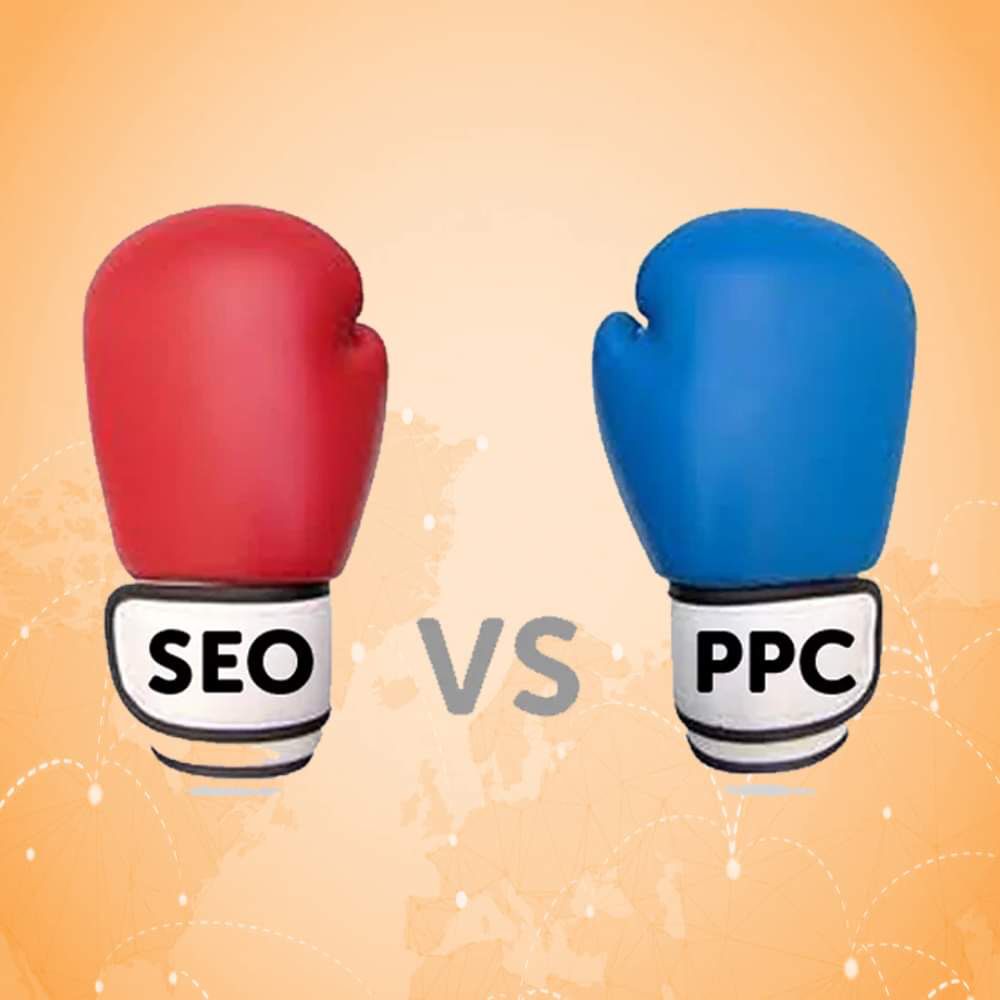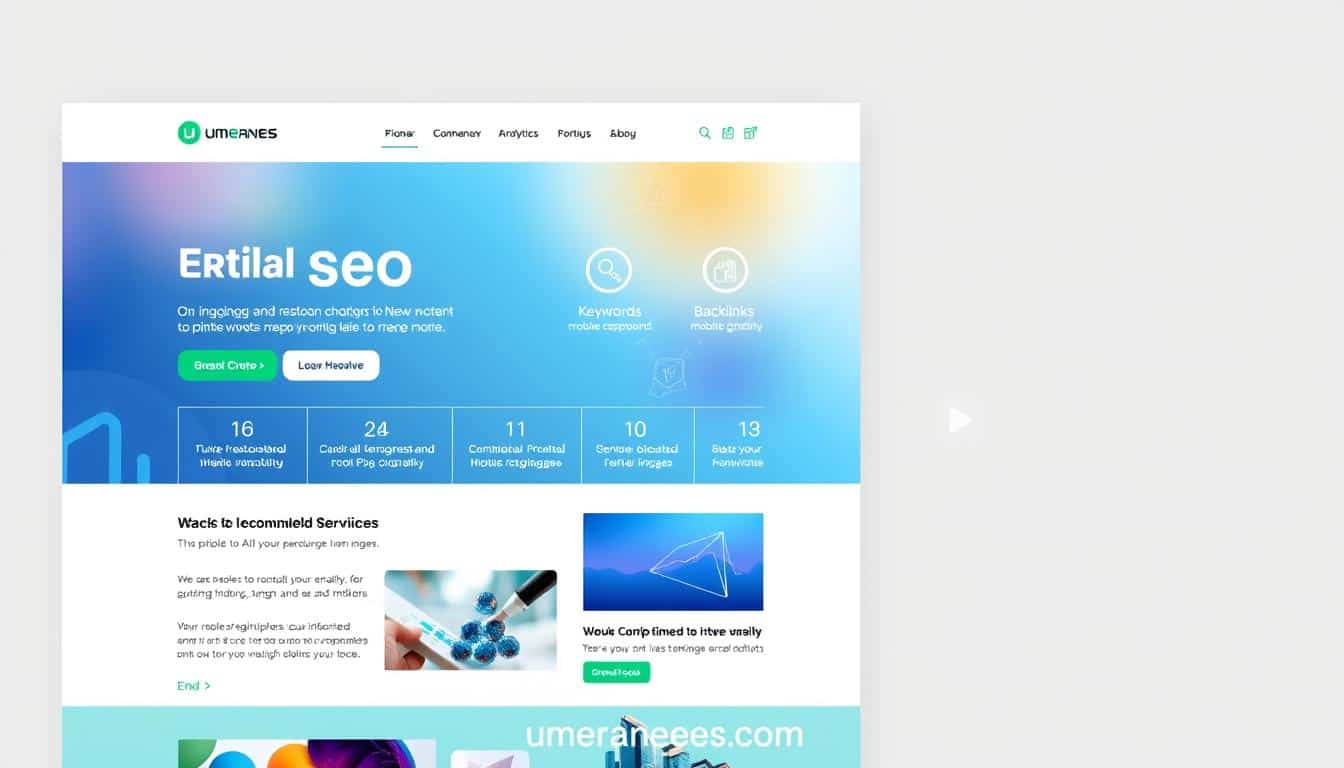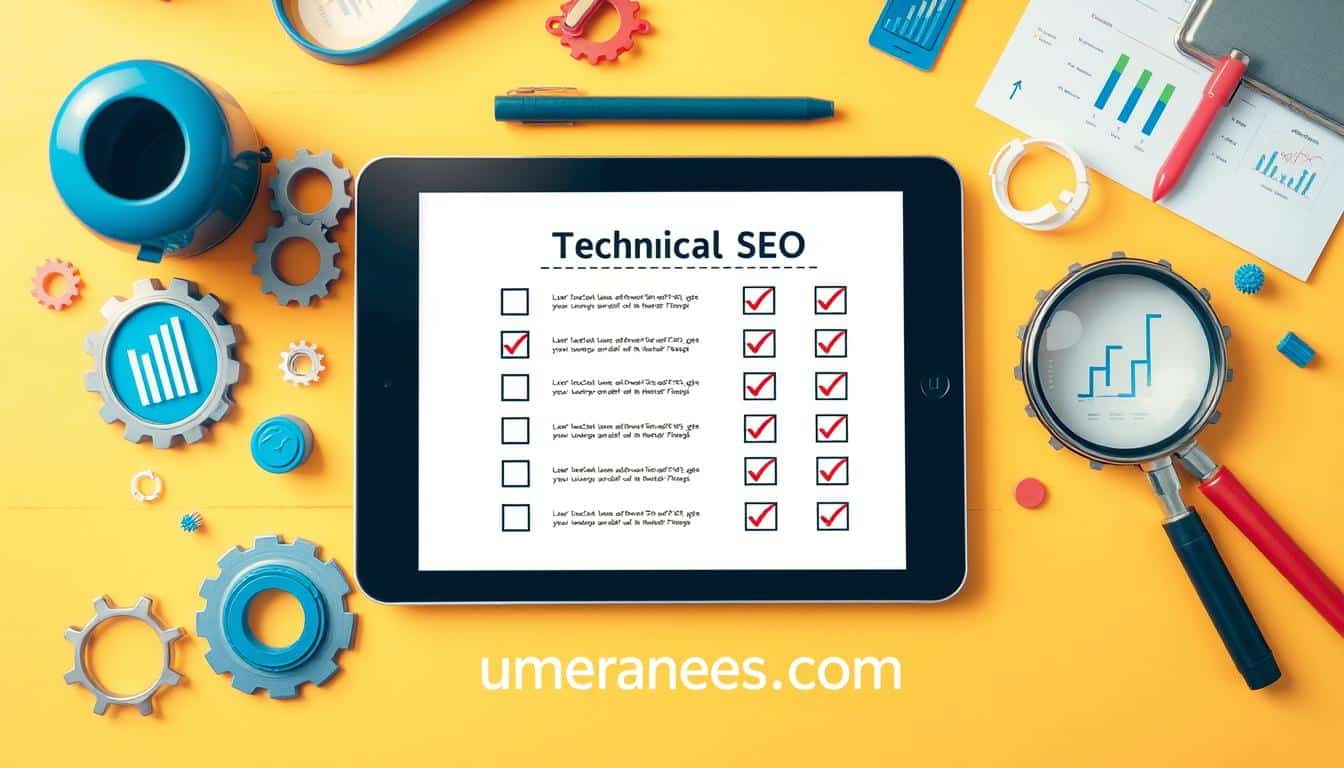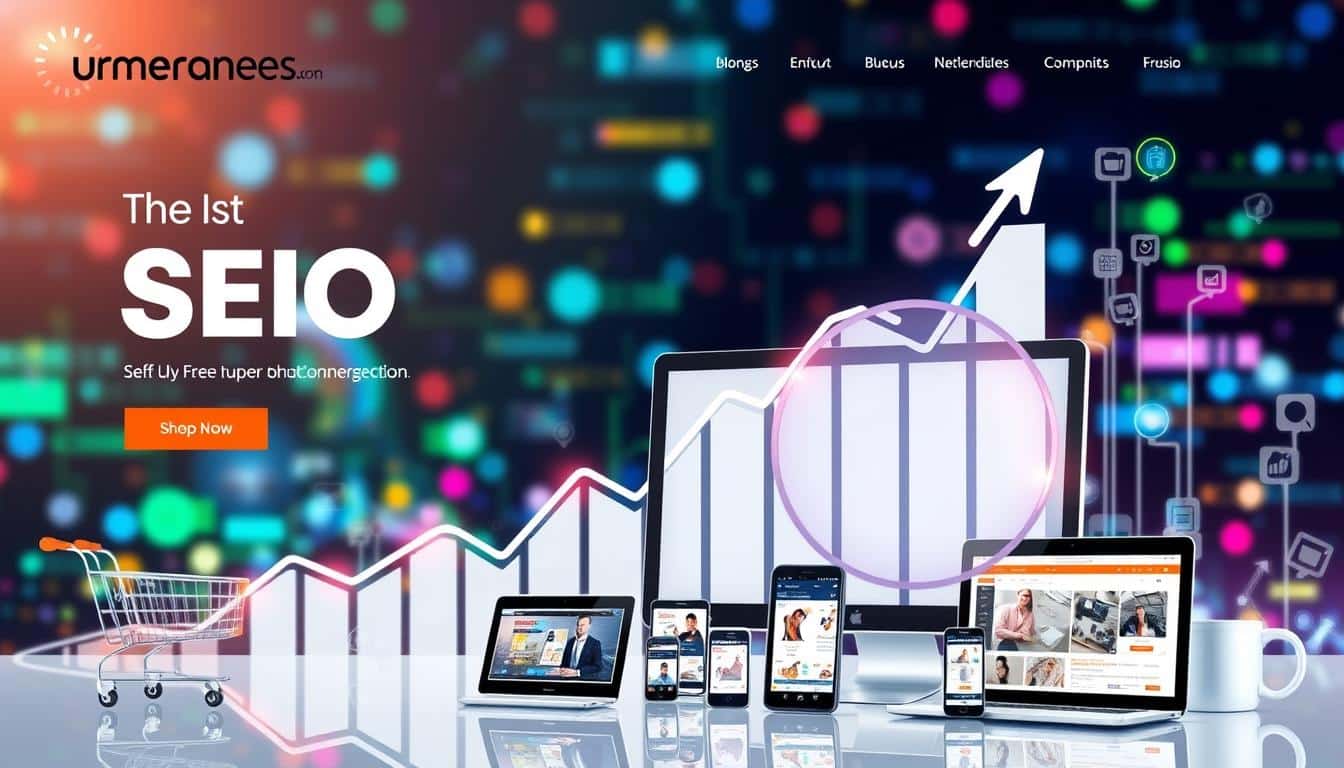A question we are often asked is, “Which is better: SEO or PPC?” This is not a question with a general answer, as it really, truly depends on your current situation, objectives and marketplace. Not sure whether your business would benefit more from PPC or SEO? We break them both down, providing insight into where they fit within your larger marketing plan SEO vs PPC.
What’s the difference between SEO and PPC?
In a nutshell, SEO is how to drive organic traffic to your website by optimizing web pages, and PPC are ads that you pay for, appearing at the top and foot of search engine results pages – SERPs, or displayed on other websites.

SEO basic elements
Search engine optimization means including content on your website that will increase your visibility, credibility, and relevance.
On-page optimization includes:
- H1 tags that include the keyword you’re looking to rank for
- Teasing meta descriptions with the relevant keyword towards the start
- Alt text behind all images, that are descriptive and include your keyword
- Natural inclusion of your keyword in your content
- Titles – H2, H3, H4 – that include your keyword
When a search engine crawls your website, it’ll understand what your site is about, identify whether it’s trustworthy, and recognize it as a valuable source for users performing searches. It will then move up in the ranking.
Off-page optimization – off-page SEO are methods used away from your website, that will also improve the ranking, and includes:
Backlinks or inbound links – search engines use backlinks as proof of the quality of a website’s content. The more high-value backlinks, the higher a site will rank. High-value links come from sites with high domain authority and/or domain extensions such as .GOV, .EDU.
- Social media marketing – sharing content on your social media channels.
- Guest blogging
- Influencer marketing
- Business directories – to prove authority and authenticity, posts, reviews, etc.
- Linked and unlinked brand mentions – in articles, press releases, guest posts, reviews, etc.
- Internal linking on website, to help users navigate your site
- Included in listicles
- Links from customer review sites – user-generated content is free marketing that’s considered trustworthy by consumers.
PPC basic elements
Every time someone clicks on your PPC ad, you pay a fee. Your ads can be targeted towards users’ interests, geographical location, gender, age group, profession, etc. They can promote a special deal, event, product, downloadable content.
PPC ads are placed at the top and bottom of search engine result pages. Above and below organic search results. Or display ads and remarketing ads that appear on other appropriate websites. The most popular platform for PPC ad campaigns is Google Ads. You’ll be able to measure ROI, identify which ads are performing, and those that need work. How many conversions you’re getting, and, how much you’ll need to bid, so you’ll appear at the top of the paid ads on page one.

Which is better for my brand – SEO vs PPC?
It depends on what you want.
- Do you want leads now, for an event, etc.?
- Are you prepared to wait for results?
- What’s your budget?
- Do you have high domain authority?
- How do your competitors rank in organic search?
If you’re a small business or a start up, you may not have the budget for paid advertising. With little competition, your SEO strategy could increase online visibility in local and organic search results. As a long-term strategy, SEO won’t break the bank, and once you’re ranking, traffic will be constant.
Your market may be niche, which means that you could find a keyword that’s relevant, has low competition, and a good monthly search volume. Get in there fast and develop your SEO strategy to rank for this keyword, before someone else does.
If you’re an ecommerce site, looking to compete with the likes of Amazon, your website is going to struggle to outrank organic search results. PPC paid ads would kick start your brand awareness campaign.
If your business has a generous advertising budget, get the PPC ads live now. You’ll see results immediately. You can also target specific audiences, unlike handing over big bucks for a billboard, only relevant to 10 out of 100 passers-by.
SEO and PPC are efficient methods of driving traffic to a website. Proven to bring results, working separately or together.
Final Verdict
In an ideal world, we would look at both SEO and PPC. They both have pros and cons and work best when supporting each other synergistically. Where you can get SEO and PPC working together, you will often be able to drive results that are greater than their component parts.
The benefits of running SEO and PPC together include:
- Keyword and conversion data from PPC can be fed into organic search (SEO).
- The total volume of traffic can be increased by targeting clicks in paid and organic for high-performing keywords.
- High-cost keywords, high-volume or low-converting (yet still important) keywords can be moved from PPC to organic search.
- A/B testing of ad copy and landing pages can be fed into your organic listing and landing pages.
- Remarketing allows you to stay in front of visitors after an initial touch via organic search and customize messaging around their engagement with your site.
- Test your keyword strategy in PPC before committing to long-term SEO strategies.
- Target users at all stages of the customer journey from research to comparison to purchase with commercial keywords.
- Increase confidence and awareness by having both strong organic and paid visibility.
In our experience with hundreds of businesses, an integrated search strategy that looks at both SEO and PPC is the optimal approach. Results are improved in each channel by utilizing both paid and organic. This will not be right for every business, but for high-growth, aggressive marketing, you will want to develop a holistic search engine strategy rather than look at SEO or PPC in isolation.







